Alan Edwards Reflects on His Investment Journey: From One Arsenal Share to a £35k Return
Alan Edwards, the founder of the Outside Organisation, a prominent music PR agency, has publicized for legendary artists including David Bowie, Bon Jovi, and the Who. He also manages media relations for major events like the Hyde Park British Summer Time festival and the Teenage Cancer Trust concerts at the Royal Albert Hall, which conclude this Sunday featuring the Who. A lifelong Arsenal supporter, Edwards resides in Belsize Park, London, with his partner, Chandrima Biswas, an obstetrician, and her two children. He has four adult daughters: Josey, Ruby, Lola, and Bryony.
In my wallet, I typically carry just over £100, to ensure I’m prepared if a taxi driver doesn’t accept card payments.
I possess an American Express card for unexpected situations and a Coutts debit card for everyday expenditures. The advent of card payments has certainly streamlined transactions in my work, contrasting with earlier days when musicians would occasionally write me cheques that bounced. The PR industry back then had a wild, unpredictable nature.
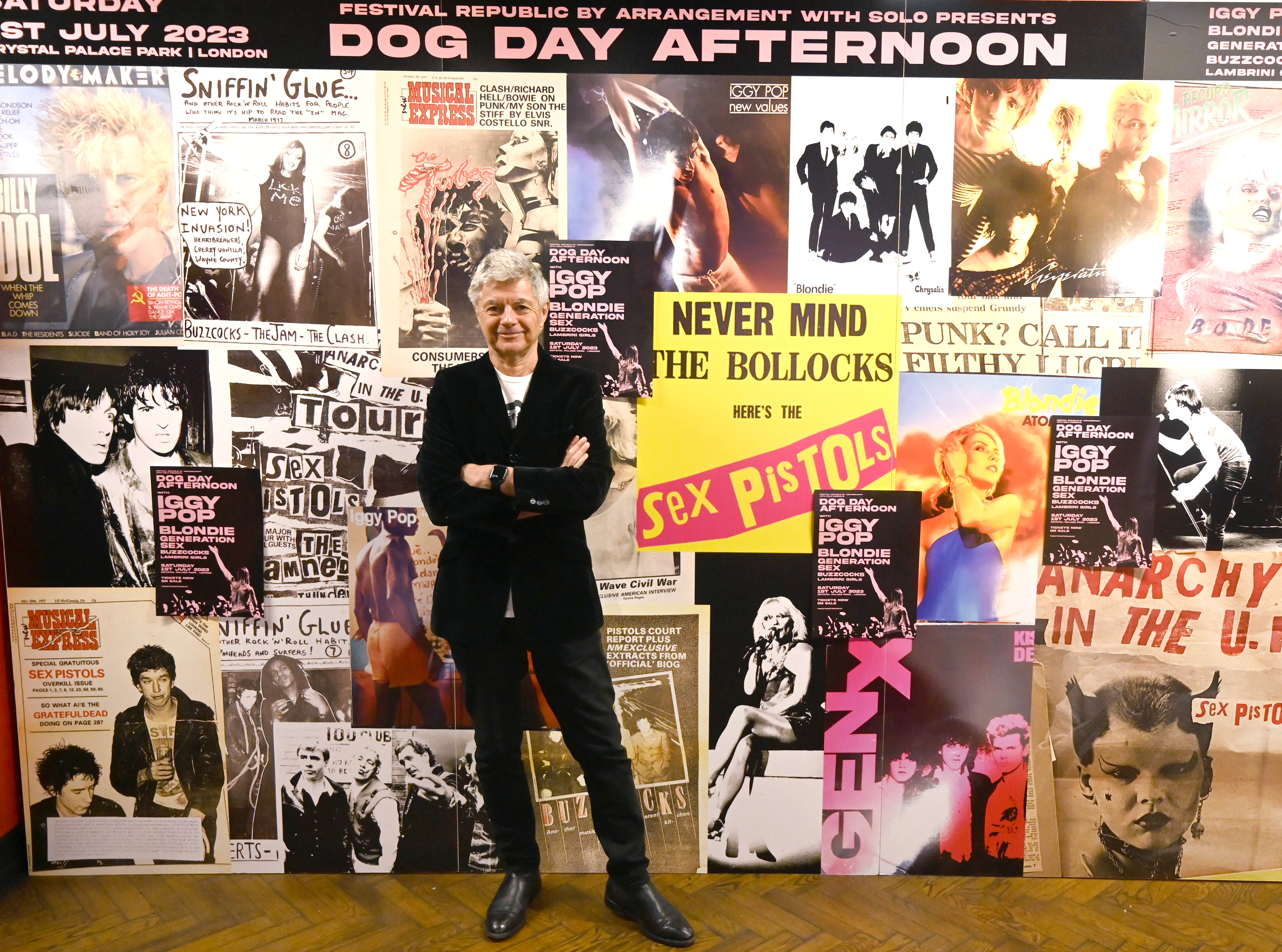
Are you more of a saver or a spender?
It’s a bit of both. I manage to save but I also spend. My recent significant expense involved a trip to LA with my partner to visit one of my daughters, her husband, and their four kids. Prices for hotels have seemingly skyrocketed since my last visit a few years ago, leading to an overall cost close to £10,000.
Do you own any property?
I possess a two-bedroom flat in a mansion block in St John’s Wood that I purchased many years ago for a few hundred thousand pounds, which I now rent out. I live with my long-term partner, Chandrima, and her two kids in her house in north London. My first property was a flat in Muswell Hill, which I bought in the early 1980s for a five-figure amount. I later acquired a house in the same area, where I raised my children with a previous partner until we parted ways. I have never been married, making me what you might call an accidental rock ‘n’ roller.
Are you financially better off than your parents?
In some respects, yes; I’m sure I’ve handled more money than they did, but that’s all relative. I was adopted at 18 months; my adoptive father was a solicitor, and my adoptive mother was a primary school teacher. My upbringing in Worthing was typical of a middle-class family. We always had food and clothes, but foreign holidays were a luxury we didn’t enjoy.
In my thirties, I sought out my biological mother through the Catholic adoption society. I discovered she came to England as a penniless 17-year-old Irish girl. I spoke to her once over the phone; unfortunately, she was hospitalized after a fall during the pandemic and passed away without our meeting.
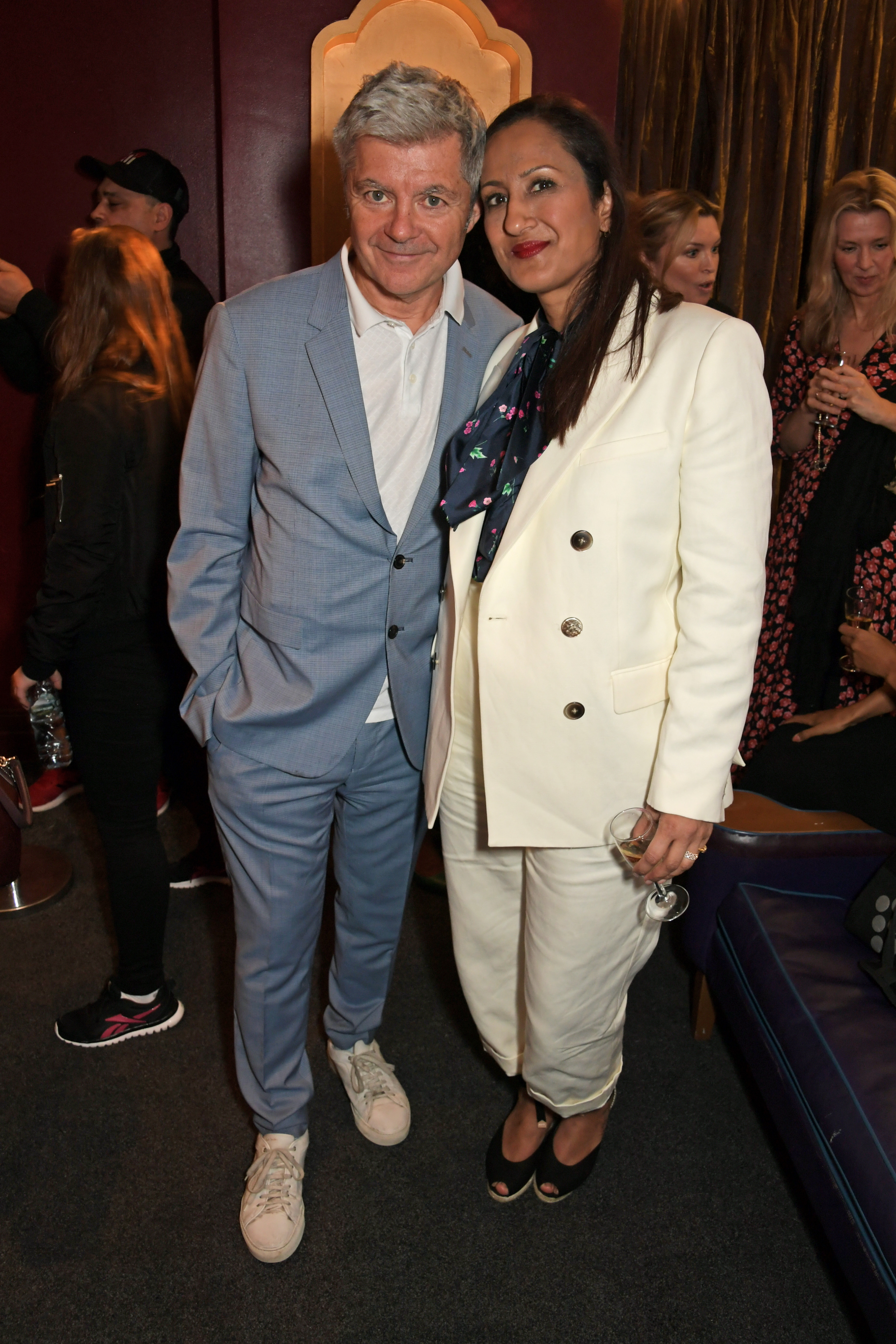
What was your income last year?
It was more than £100,000 but less than £200,000.
What was your first job?
One of my earliest roles involved reviewing concerts for the music publication Sounds, earning £5 per article. When renowned music PR Keith Altham offered me a position at his agency near Victoria Station, I jumped at the opportunity for a more stable income. On my first day, Keith Moon from the Who came in, and after realizing that Altham was absent, he upended a desk, scattering papers everywhere, quipping, “Tell Keith I called, old chap,” as he left.
When did you first feel financially secure?
I can’t say I’ve ever felt wealthy, as the PR industry is primarily a cash flow business with money constantly circulating. My only sense of financial comfort occurred when I co-managed the bands Cult and Big Country during the 1980s when I received large lump sum advances from record companies, making my bank account look quite robust for a brief period. Managing the Cult was an adventure: one time they redecorated their Holiday Inn suite in St John’s Wood, which ended in them being banned from the chain for life.
Have you ever been concerned about financial stability?
Yes, I have. In my early years as an independent music PR, I rented an office near the Roxy, a famous punk venue in London. It turned out to be a room in a squat with the heating shut off, and I barely escaped frostbite. There were also moments when I nearly had to seek a loan from the bank.
What has been your most profitable assignment?
Handling PR for Lenny Kravitz during his peak in the 1990s proved quite lucrative. Some clients expect frequent meetings; however, Lenny only called for my presence twice over a span of seven years, yet our collaboration was exceptionally rewarding. I also had the honor of representing David Bowie for over 40 years and still feel his absence nearly a decade later.
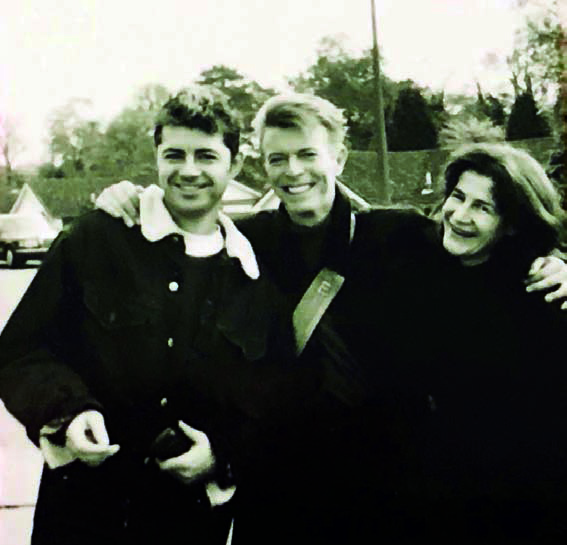
Do you invest in stocks?
Not particularly.
What’s better for retirement – property or a pension?
I strongly advocate for pensions. Upon my accountant’s recommendation in my twenties, I began contributing to a private pension. Nevertheless, I’m not planning to retire anytime soon; I anticipate working into my seventies, as long as I remain mentally sharp, much like the old blues artists.

What has been your best business decision?
Establishing my music PR firm in 1976 was pivotal. Numerous emerging punk bands like Generation X and the Stranglers sought my services, earning me the nickname “the punk PR.” Managing the Spice Girls in the 1990s was another significant milestone. During our initial meeting, one of the girls asked about my shoes. I mentioned I was wearing Hush Puppies, resulting in me landing the account, which dramatically shifted my career’s direction.
What about your best investment?
Acquiring an Arsenal share for approximately £350 during the 1990s, when they were privately traded, stands out. Eventually, when Stanley Kroenke’s family fully acquired the club and initiated a compulsory share buyback, I received around £35,000 for that single share, representing an outstanding return on investment.
What’s your worst investment?
I once financially supported a girl band in the early 2000s, covering their rehearsals, photography, and recording sessions, believing they had potential. The costs soon escalated, and after investing approximately £15,000, I realized they would never make it.
What is your financial vice?
I struggle to walk past an Agnès b or Paul Smith store without buying a £50-£60 designer t-shirt or a jacket priced around £200. Many days, I find myself taking a walk in the park at lunchtime to resist the temptation. Moreover, my Arsenal season ticket is quite expensive but worth every penny.
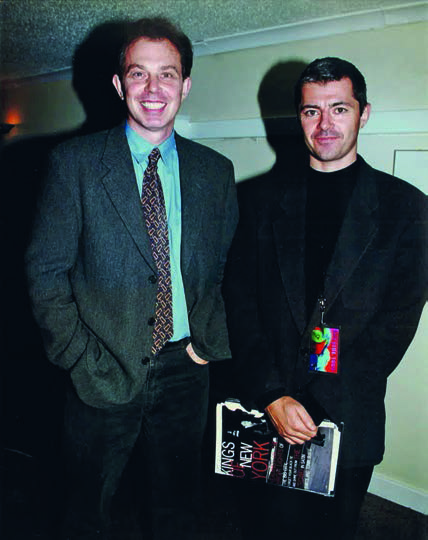
What has been your most extravagant expenditure?
At a charity sports dinner, I raised my hand and unexpectedly bid £20,000 for a tennis match with Tony Blair shortly after he stepped down as Prime Minister. The match was postponed a number of times due to his obligations, ultimately leading him to invite me over for tea at his house in Connaught Square instead; he was very amiable, but that must be one of the priciest cups of tea ever.
What is your financial priority for the future?
My goal is to stabilize my business operations and ensure I can occasionally treat my grandchildren.
What if you won the lottery?
I purchase a lottery ticket weekly. As an avid reader, winning a substantial amount would allow me to buy signed first editions, possibly an Ian Fleming or two. Additionally, I would donate a significant portion to the Teenage Cancer Trust, as I’ve witnessed the positive differences they make in the lives of children battling the disease. As it stands, my highest lottery win to date is £6.40.
What is the most important lesson you’ve learned about money?
Don’t allow it to change who you are. I’ve observed countless individuals who, upon attaining wealth, begin discussing the financial value of art instead of appreciating the artistry itself.
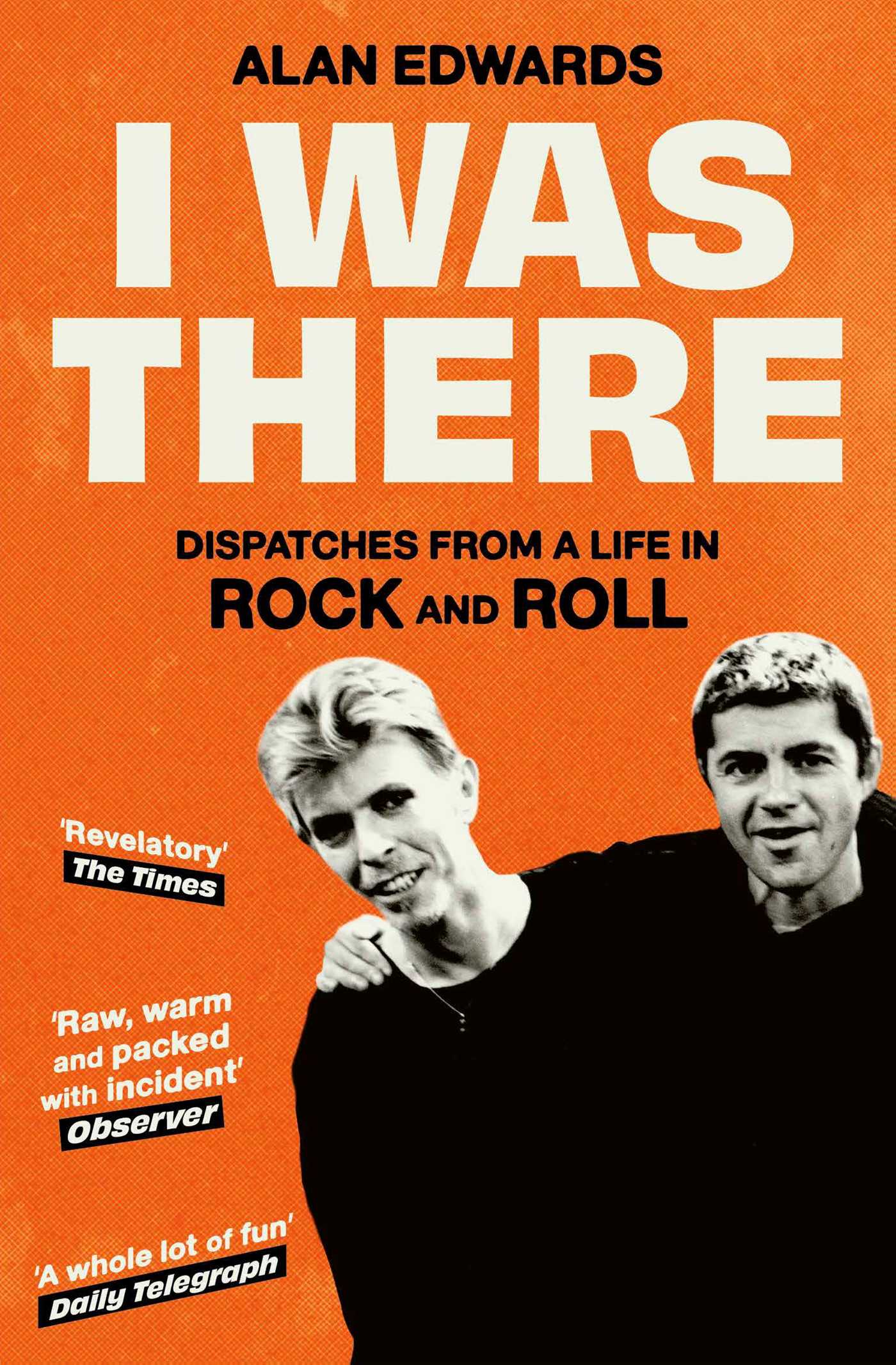
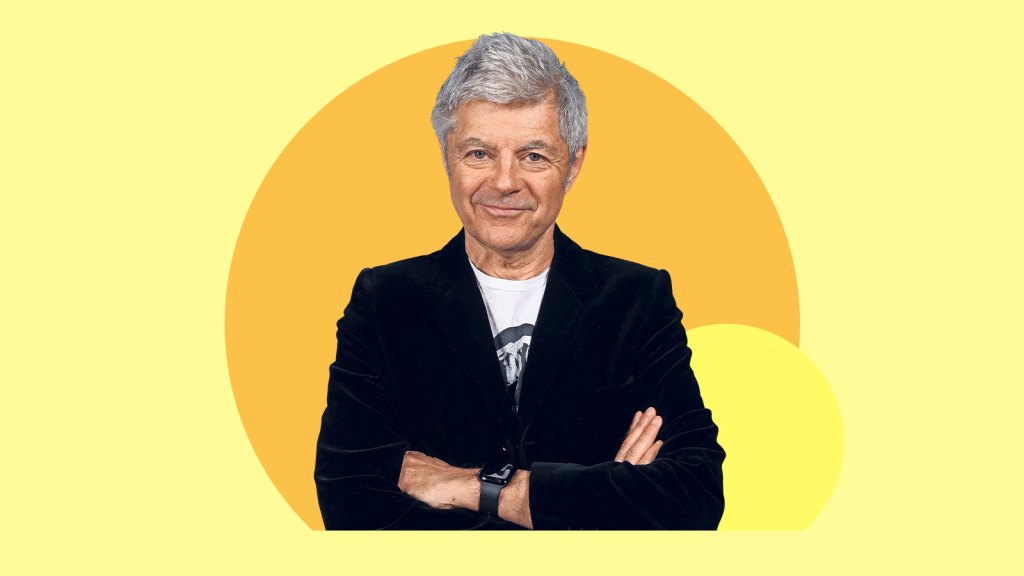
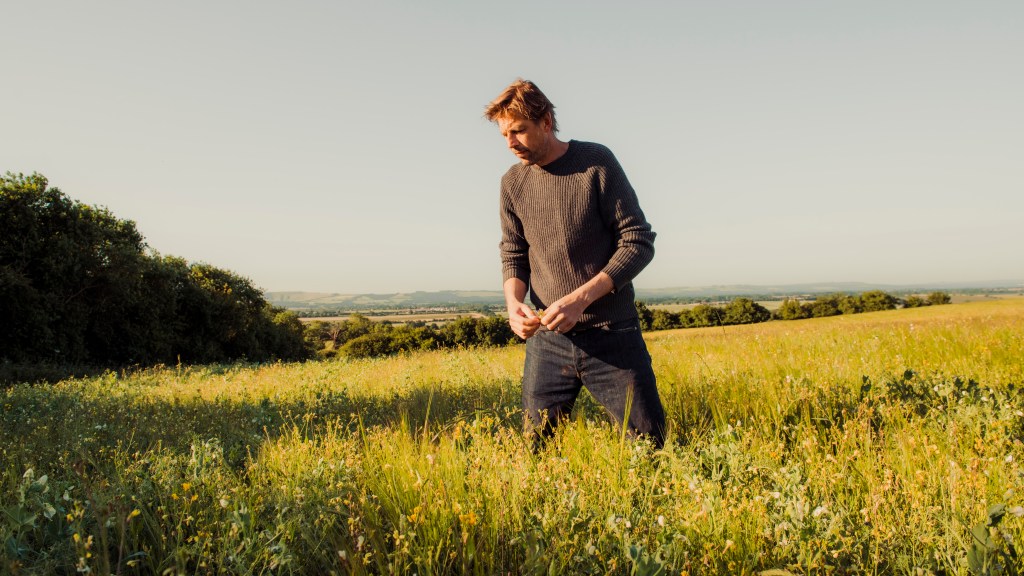
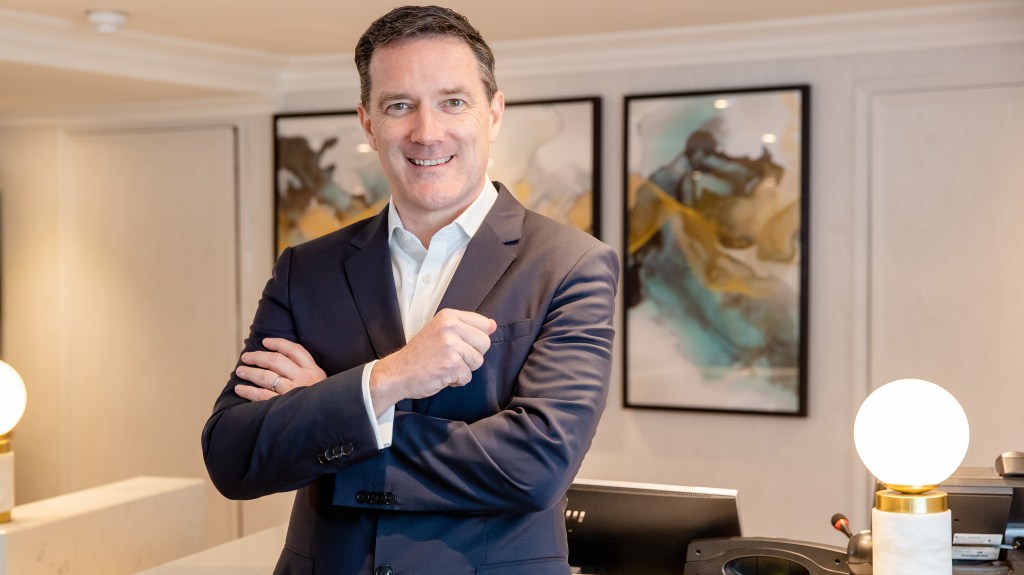
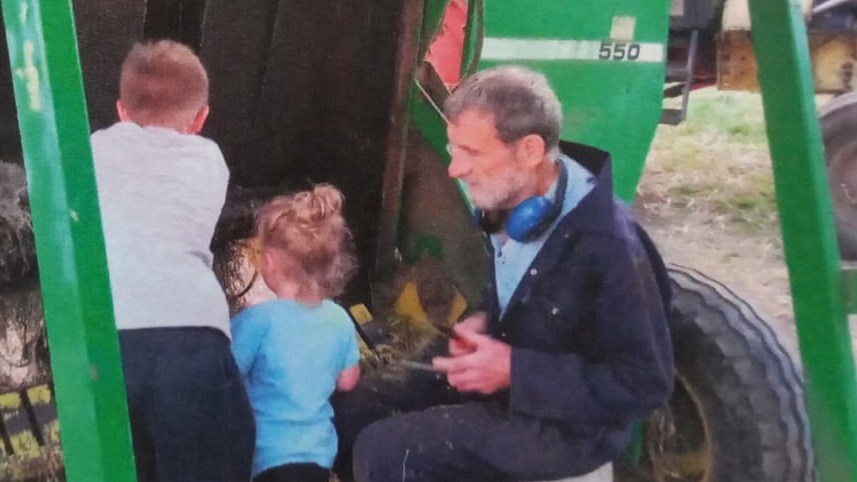
Post Comment